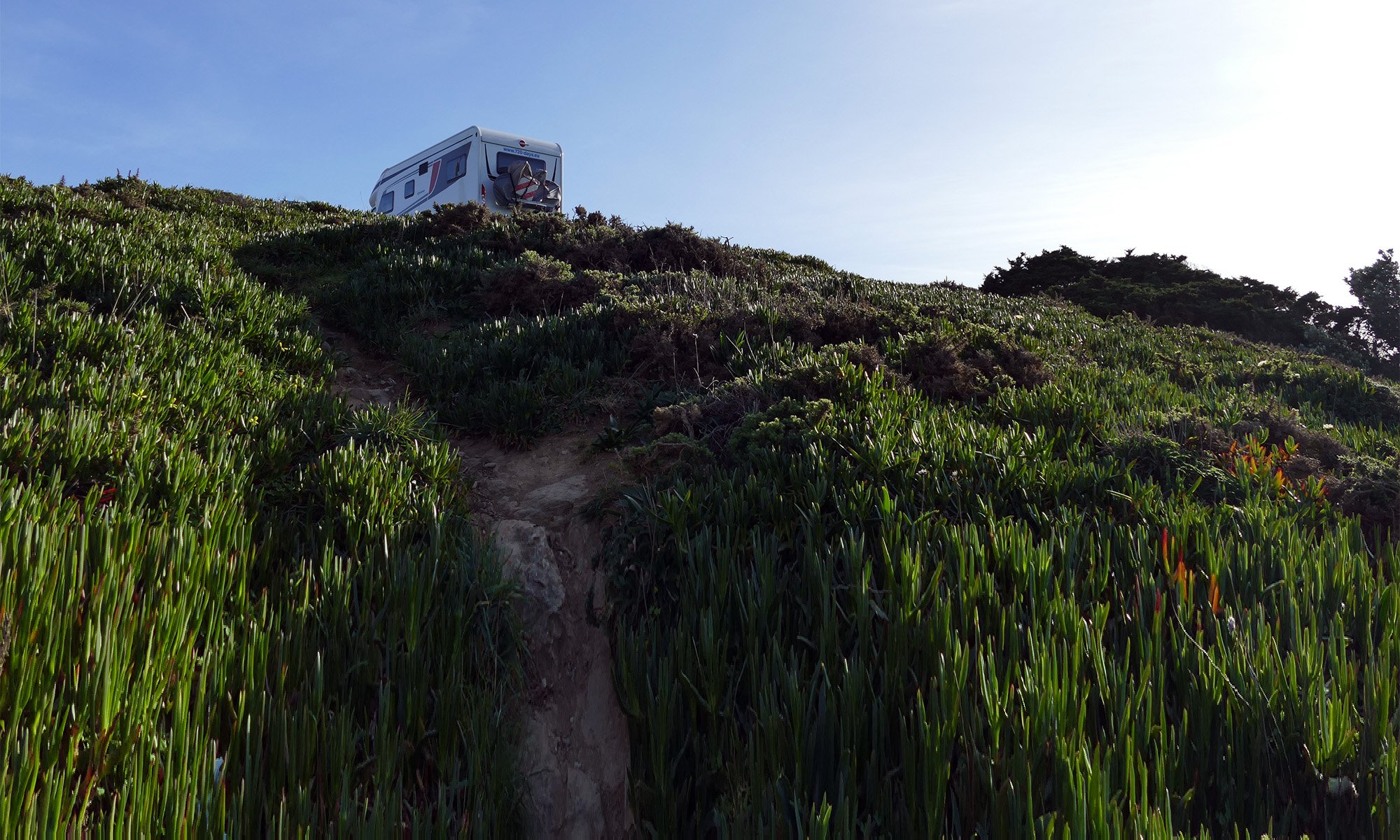We were really distressed by the complicated gas supply in Europe. Should there really be no easier solution? Yes, there is: Refillable integral gas bottles.
In an earlier article we described in detail the refill and exchange system of each European country. If you are on vacation and travel only through one or two countries exchanging gas bottles might not be an issue, because you can carry enough gas supply with you from your home country. If you want to travel across several countries over a time span of two years that system is definitely not an option. In that case, you rather invest into a more comfortable solution.
The refillable integral gas bottles come – just like the exchange bottles – in two versions: Steel and aluminium. Since we have to really pay attention to the weight we opt for the refillable integral gas bottles made out of aluminium (for 11kg of gas). To get them integrated, it is important that the workshop is specialized in gas in order to be compliant with your insurance.
You also need adapter to refill the bottles. Entire Europe can be covered with four adapters. The bottles can be refilled basically at any natural gas fueling station, that offers LPG, GPL or Autogas. There are more than 40,000 of those natural gas fueling stations across Europe. It should be easy to find one. MyLPG lists a lot of those stations and it is easy to find one nearby.
In order to keep the gas bottles free from impurities and keep the performance of the heating system and the fridge, you should always use a gas filter when refilling your gas bottles.
Advantages refillable integral gas bottles:
- Easy to refill at any natural gas fueling station in all European countries – no exchange of gas bottles necessary.
- Not wasting gas when you exchange a half full bottle (e.g. just before crossing borders). If your bottle is half full, you just fill it up to another 100% at the next gas station.
- LPG natural gas is cheaper than the content of an exchange bottle.
Disadvantages refillable integral gas bottles:
- High investment (approx. 1,000 € for 2 aluminium gas bottles) plus installation costs (approx. 1,000 €).
- Gas system has to be checked every 10 years. In Germany by TÜV (technical inspection authority).
- Each country has a different natural gas composition (butane vs. propane). Butane is liquid below 0° Celsius. When you get your natural gas from a country with a high butane concentration and then travel to sub-zero temperature areas you might experience that the butane is not usable any more. With each filling the gas volume decreases. However, when you get back to a warmer country, you can then use up all the left over butane.



Except the Netherlands where it is illegal to fill bottles or tank used for non motive use at a fuel station (big fine for you and the garage)
I am still looking for somewhere to fill mine.
Any help would be appreciated.
Also in the Netherlands no issue for us to fill the gas bottles at a fuel station.